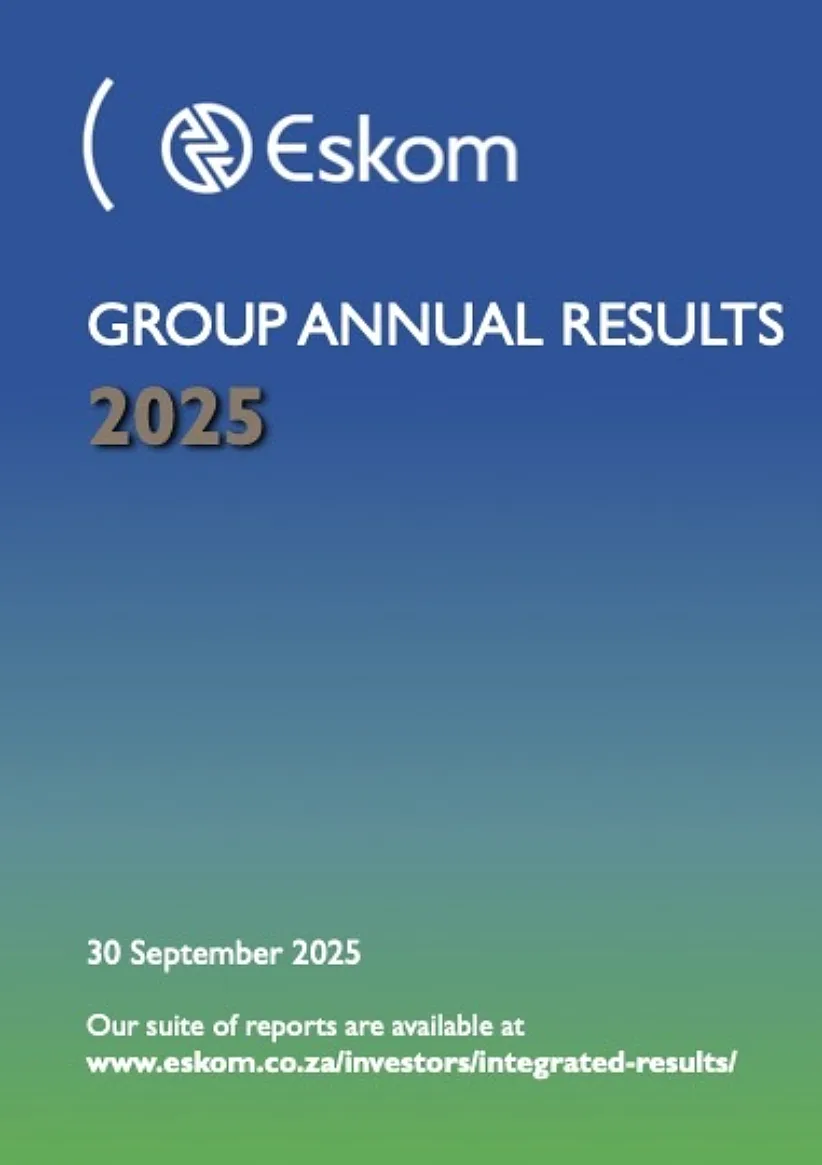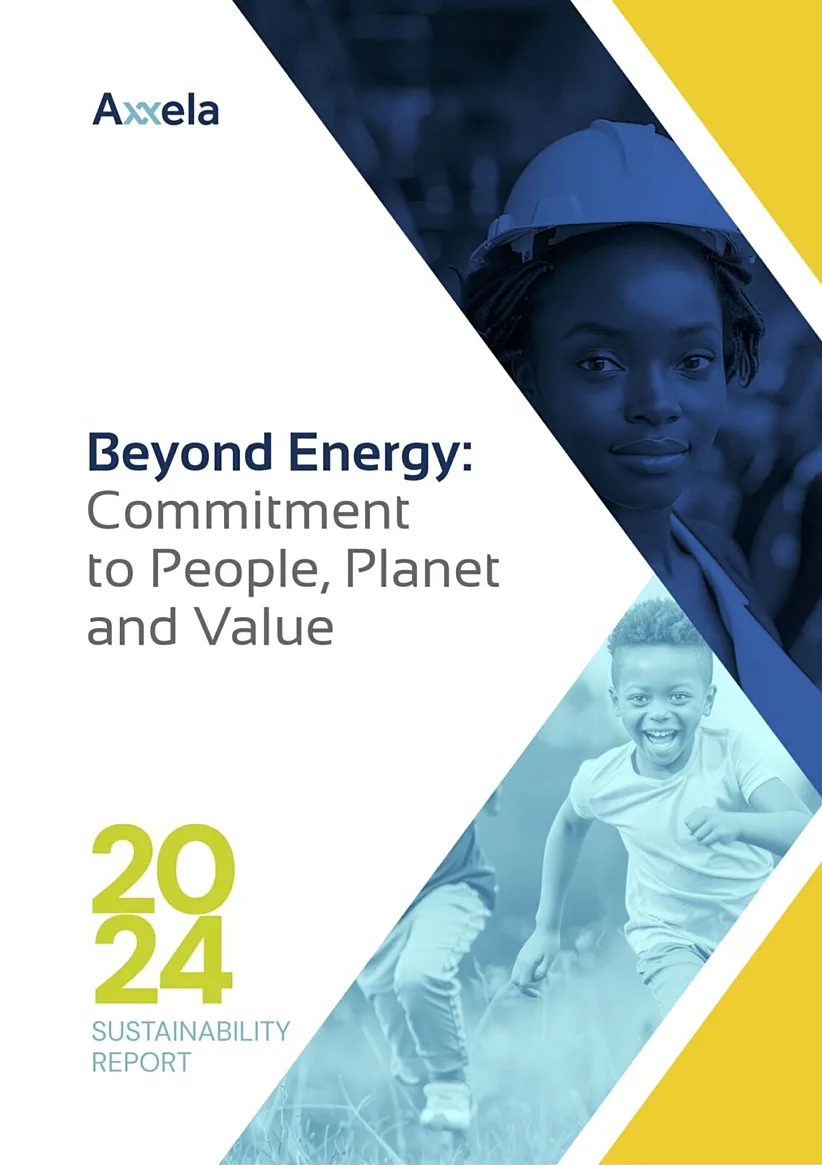Executive Summary
MTN Nigeria’s 2024 Sustainability Report provides detailed disclosures aligned with international frameworks on its ESG governance, impact, and risk management, covering advances in digital inclusion, climate action, diversity, community investment, and operational transparency.
The report is structured for comparability and automated tracking, starting with SDG alignment and extending to measurable performance, governance frameworks, and strategic priorities.
SDG Alignment
- Aligned SDGs: MTN Nigeria aligns with SDGs 3 (Good Health), 4 (Quality Education), 5 (Gender Equality), 6 (Clean Water), 8 (Decent Work), 9 (Industry/Innovation), 10 (Reduced Inequalities), 11 (Sustainable Cities), 13 (Climate Action), 16 (Peace/Justice), 17 (Partnerships).
- Strategic Integration: SDGs reflected in programmes for healthcare, scholarships, science/ICT labs, female entrepreneurship, digital skills, disability inclusion, and climate resilience.
- Geographic Impact: Initiatives span Nigeria’s 36 states; plans involve further scaling through technology and local partnerships in underserved regions.
ESG Management
- Governance: Board-level oversight via seven committees; Social, Ethics, and Sustainability Committee receives quarterly updates.
- Frameworks: Adopts IFRS S1/S2, GRI, SASB, UNGC, NGX, ISO 27001/22301/31000, and planned ISO 45001.
- Management Structure: Dedicated Sustainability function coordinates ESG strategy, supported by Executive Committee.
Initial Areas of Impact
- Digital Inclusion: 90.1% broadband penetration; rural connectivity via telephony initiatives.
- Climate Action: 11% reduction in Scope 1 & 2 emissions since 2021, expansion of solar sites, launch of eco-SIM cards.
- Social Programmes: N3.5bn invested in CSI, impacting 663,300 people across education, health, and empowerment.
- Data Security: Zero breaches; ISO certifications maintained.
- Diversity: 41.4% female representation, EDGE Move Certification, inclusion of PWDs.
Metrics for Definition
- GHG Emissions: Scope 1/2 emissions baseline: 113,826 tCO2e (2021); 101,300 tCO2e (2024); target 50% reduction by 2030, net zero by 2040.
- Energy Use: 1,004,650 GJ in 2024, with breakdown by facility and source.
- Waste & Water: 307.8 tonnes waste generated (2024); 4,701 ML water used.
- Social Metrics: 80.9m mobile subscribers, 47.7m data subscribers, 41.4% female workforce, 5.7% employee turnover; CSI investment and beneficiaries tracked yearly.
Areas of Focus (Future Priorities)
- Net Zero: Further emission cuts, renewable energy adoption, intensified Scope 3 tracking.
- Digital Financial Inclusion: Expand MoMo wallets, drive rural/underserved digital access.
- Diversity/Equality: Aim for 50% female staff by 2030; continued support for disabled and underrepresented groups.
- Supply Chain ESG: Expand supplier education, sustainability audits, and local value creation.
- Infrastructure: Continued investment in network/data centre upgrades, resilience to climate risks.
Materiality Concepts
Material Topics: Customer privacy, network/data security, anti-corruption, market presence, climate resilience, social impact, and supply chain practices.
Matrix: Used to prioritize ESG issues by stakeholder relevance, scale, and severity; shapes reporting and strategy.
Governance Integration: Board approves and reviews material topics for ESG alignment and compliance.
Sustainability Risk Management Concepts
Risk Framework: Three lines approach; ISO 31000 and COSO ERM used to identify, assess, and manage SRROs and CRROs.
Key Risks:
- Physical (floods, heatwaves, infrastructure damage)
- Transition (carbon pricing, regulatory shifts, tech obsolescence)
- Social (data privacy, labour rights, supply chain resilience)
- Reputational (stakeholder perceptions, compliance failures)
Mitigation: Includes audits, scenario analyses, proactive adaptation (energy efficiency, resilience planning).
Sustainability Strategy Concepts and Management
- Strategy Pillars: 'Do for Planet', 'Do for People', 'Do it Right', 'Do for Growth'.
- Application: ESG KPIs linked to executive remuneration; sustainability embedded in all operations and decision-making.
- Management: Quarterly ESG progress reporting; external assurance by PwC; annual board effectiveness and governance evaluations.
- Continuous Improvement: Ongoing review of frameworks and policy alignment with global/regional standards, with plans for future refinements as regulations evolve.
Areas for Future Improvement
- Scope 3 Emissions: More granularity and supplier data needed to improve tracking and mitigation.
- Water & Waste Data: Expanded reporting and actionable targets for resource management.
- Stakeholder Feedback: Deepened feedback channels and external assurance for enhanced transparency.
- DEI Impact Measurement: Further data on promotion, retention and advancement for underrepresented groups.
- Climate Risk Disclosure: Explicit financial exposure assessments as regulations and tax frameworks change.





